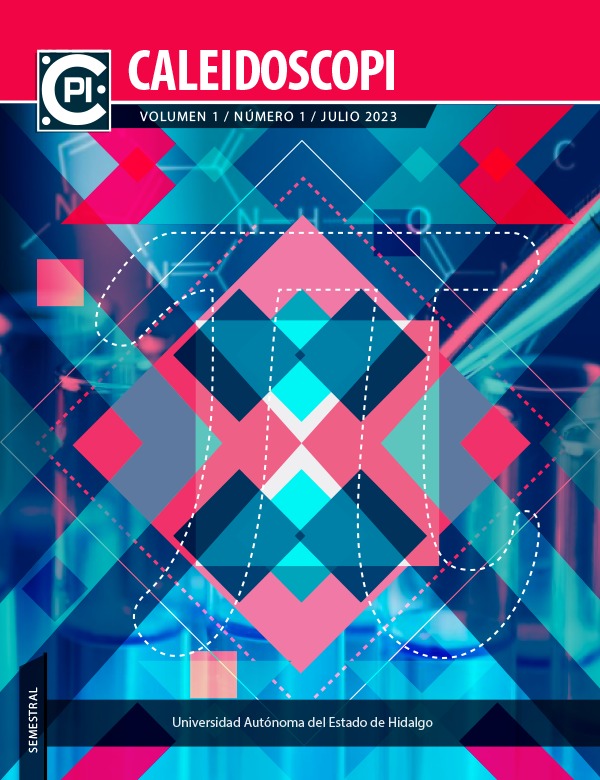A reflection on economic theory and sustainable development
Abstract
It is undeniable to affirm that the current global environmental damage is the result of a long chain of human activities, in which the rapid industrialisation and its economic fundamentals have paved the way to the exploitation of natural resources so as to create wealth. The industrial use of natural resources has been an important factor for the destruction of countless regions, the extinction of species and the creation of conditions that threaten the human existence itself.
This paper is dedicated to underline some elements within economic theory in order to explain how several of these economic axioms have taken such deep roots that they have become into obstacles to properly understand how the economic system has led to the current environmental conditions. At the end of this paper, it will be possible to reflect on how profound changes in economic theory and multilateral institutions that could avoid an environmental collapse.
References
Arrow, K., y Hahn, F. (1991). General Competitive Analysis. North Holland.
Brue, S. y Grant, R. R. (2009. Historia del pensamiento económico. Cengage Learning.
Capdevielle, M. (2017). Concentración global y cambio tecnológico: políticas públicas para el desarrollo sustentable. Economía y Desarrollo, 158, 147-163.
Cárdenas Gómez, G. E., y Michel Nava, R. M. (2018). Descripción de las teorías del desarrollo económico y desigualdad. Tiempo Económico, 13(40), 53-64.
Cárdenas Gracias, J. (2017). Del Estado absolutista al Estado neoliberal. Universidad Nacional Autónoma de México.
Cesarano, F. (1983). On the Role of the History of Economic Analysis. History of Political Economy, 15, 63-82.
Dos Santos, T. (1973). Dependencia y cambio social. Universidad Central de Venezuela.
Esponda, M. A., Diez, M. C., y Carpinetti, B. (2013). Historia social y política del concepto de desarrollo. En: B. Carpinetti (Ed.), Introducción al desarrollo sustentable (9-62). Universidad Nacional Arturo Jauretche.
Fetter, F. W. (1969). The Rise and Decline of Ricardian Economics. History of Political Economy, 1, 370-387.
Findlay, R. (1980). On W. Arthur Lewis’ Contributions to Economics. Scandinavian Journal of Economics 82(1), 62-76.
García, D. y Menegaz, A. (2013). Las dimensiones del desarrollo sustentable. En: B. Carpinetti (Ed.), Introducción al desarrollo sustentable (85-150). Universidad Nacional Arturo Jauretche.
Gutiérrez Garza, E. (2007). De las teorías del desarrollo al desarrollo sustentable:
historia de la construcción de un enfoque multidisciplinario. Trayectorias. 9(25), 45-60.
Hedelin, B. (2019). Complexity is no excuse: Introduction of a research model for turning sustainable development from theory into practice. Sustainability Science, 14, 733–749
Jevons, S. (1881). Richard Cantillon and the Nationality and Political Economy. Contemporary Review, 334-360.
Keynes, J. M. (1936). The General Theory of Employment, Interest and Money. Harcourt.
Klimovsky, E. A. (1999). Modelos básicos de las teorías de los precios. Cuadernos de Economía, 19(32), 77-103.
Kregel, J. A. (1980). Economic Dynamics and the Theory of Steady Growth: An Historical Essay on Harrods ‘Knife- edge’. History of Political Economy, 12, 97-123.
Pesqueux, Y. (2009). Sustainable development a vague and ambiguous “theory”. Society and Business Review, 4(3), 231-245.
Porter, M. E., y Kramer, M. (2011). The Big Idea: Creating Shared Value. How to Reinvent Capitalism—and Unleash a Wave of Innovation and Growth. Harvard Business Review, 89(1-2), 62-77.
Radford, T. (2011, 30 de septiembre). Silent Spring by Rachel Carson – review. The Guardian. theguardian.com/science/2011/sep/30/silent-spring-rachel-carson-review
Reder, M. W. (1982). Chicago Economics: Permanence and Change. Journal of Economic Literature, 20, 1-38.
Rockstrom, J. (2010). Planetary Boundaries. New perspectives quarterly, 27(1), 72-74.
Rodríguez Braun, C. (1997). Grandes economistas. Pirámide.
Smith, A. (1997). La teoría de los sentimientos morales. Versión española y estudio preliminar de Carlos Rodríguez Baun. Alianza Editorial Madrid.
Tobin, J. (1977). How Dead Is Keynes? Economic Inquiry, 15, 459- 468.
Copyright (c) 2023 Ricardo Vega Pérez

This work is licensed under a Creative Commons Attribution-NonCommercial-NoDerivatives 4.0 International License.










